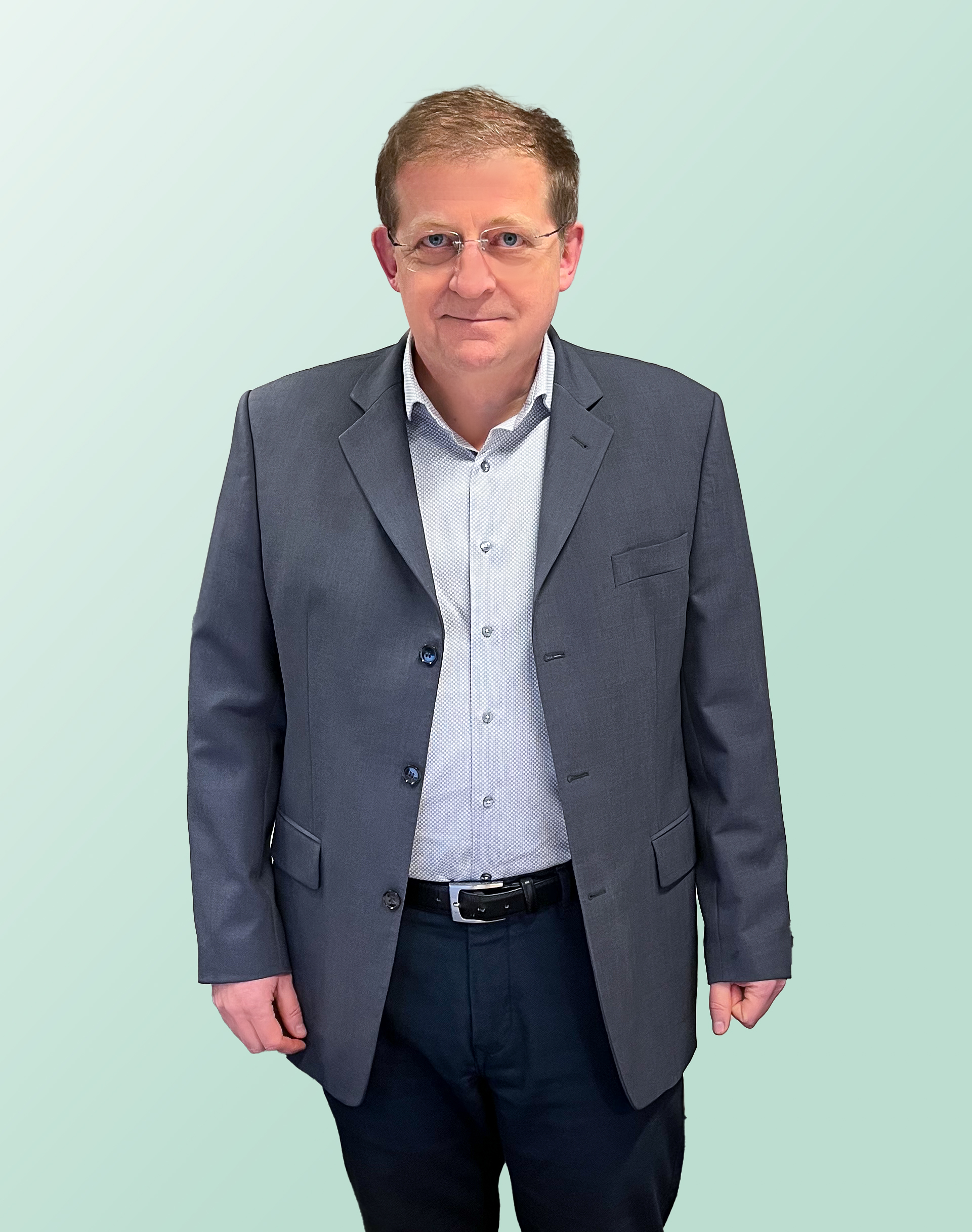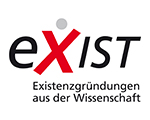WHAT LUBIS EDA CAN OFFER
We help our clients to find simulation-resistant bugs in their digital IP blocks like CPUs, Graphics cards, and memory.
Our groundbreaking software produces high-quality verification IP which enables you to meet the demand of developing cost-effective, bug-free semi-conductors for the industries of the future. Additionally, we are determined to produce Formal Verification experts through our extensive training program.
WE WORK GLOCALLY
Connect with a team of experts who think locally and show specialized skills of FV to work globally.
Every team member puts up an equal exertion to sign-off your blocks and find simulation-resistant corner-case bugs with their deep expertise. With our software, experts services and modern training we revolutionize the overall verification process to provide bug-free designs.
Our Story
The procedure of writing high-quality properties to find bugs in digital circuits is time-consuming. Along with that simulation is not always sufficient to detect hidden bugs. Therefore, Dr. Tobias Ludwig decided to develop a software that would automate the development processes and guarantee a high-quality and efficient solution. Later, he was accompanied by Dr. Michael and Dr. Max Birtel, and they laid the foundation of LUBIS EDA with a vision that:
"Microchips determine and change our lives in all areas. We ensure that these microchips are developed faster, more reliable, and bug-free."
LUBIS EDA is an all-in-one Formal Verification Service provider to sign-off your high-risk IP blocks. Our Formal Verification Methodology ensures a high-quality verification and predictable project planning.
Meet the Founders
Meet our Advisor

Prof. Wolfgang Kunz
Professor Wolfgang Kunz of Rheinland-Pfälzische Technische Universität Kaiserslautern-Landau (RPTU) supports us as scientific advisor and mentor.
Wolfgang Kunz holds the Chair of Electronic Design Automation in the EE/CE department at RPTU. He is an internationally renowned scientist with over 20 years of experience in verification and design of systems-on-chip. He has produced many important contributions in the areas of hardware verification, synthesis and test. His current research includes formal methods for hardware security. Prof. Kunz is an IEEE Fellow and a Member of Academia Europaea.
We are thrilled to have Professor Kunz as our scientific and technical advisor on our mission of developing faster, more reliable, and bug-free semiconductors in the future.
We are looking forward to collaborating with Professor Kunz on new innovations in the field of Formal Verification.














